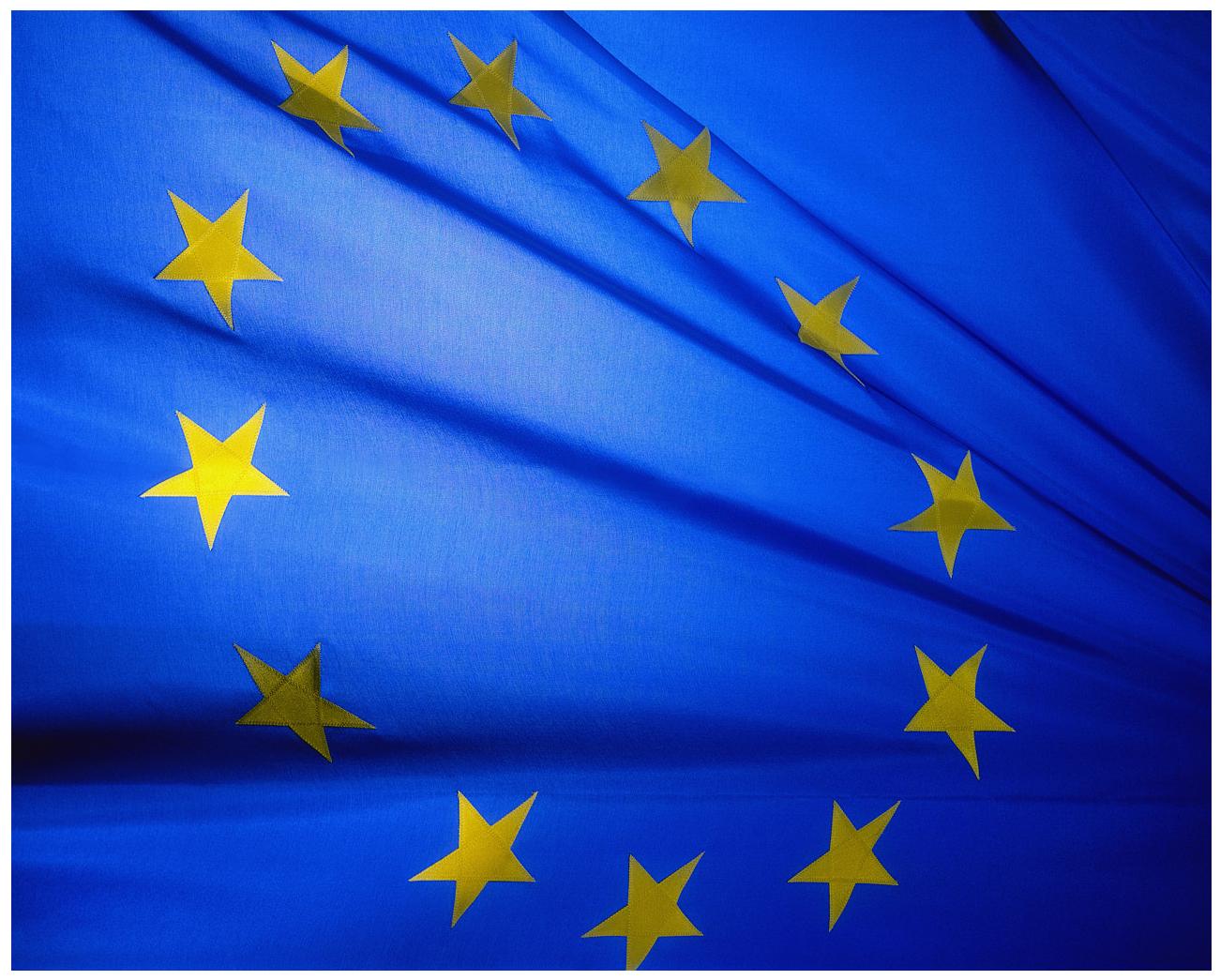Our main engine (Germany) is losing power, how much can Euro Area possibly grow in 2015-2016 ? Maybe official expectations are still too positive (as they were in 2014, 2013, 2012, 2011, 2010, 2009, 2008, and so on) (guest post)
The Ifo business survey recorded its fifth consecutive monthly decline in September and reached its lowest level since April 2013. Indeed, the overall business climate indicator dropped from 106.3 in August to 104.7 in September, much lower than consensus expectations (105.8). The fall was mostly due to a decline in the expectations index (from 101.7 to 99.3 in September), which posted its largest monthly fall since June 2012. Meanwhile, the current assessment index eased slightly as well (from 111.1 to 110.5 in September).

Manufacturing sentiment deteriorated further in Germany
The decline in business sentiment was widespread across all sectors. In particular, manufacturing business sentiment fell for the fifth consecutive month. Moreover, for the first time since January 2013, the expectations index in the manufacturing sector turned slightly into negative territory, suggesting that manufacturers’ moods are quite gloomy with regard to the six months ahead.

No particular improvement in France and Italy
Meanwhile, sentiment in the other big euro area economies remained gloomy as well. In France, the INSEE business survey remained broadly flat in September, in line with consensus expectations, pointing to stagnation in the French economy in the quarter ahead. As for Italy, the latest ISAE survey data showed a sharp deterioration in August.
The only ray of hope is borne by the National Bank of Belgium business survey, traditionally a leading indicator of the European industrial cycle, which increased slightly in September for the second consecutive month.

PMI survey in line with national indicators
National business surveys are consistent with recent PMIs. Indeed, the euro area flash PMI, published yesterday, eased in September (services by -0.3 points to 52.8 and manufacturing by -0.2 points to 50.5), both below consensus expectations. As a result, the composite PMI declined by 0.2 points to 52.3 in September, its lowest level since December 2013.
In terms of geographical developments, German manufacturing PMI declined by 1.1 points to 50.3 in September. The fall was mainly due to the new orders component, which fell into contraction territory for the first time since June 2013 (-2.2 points to 48.8).
In France, the manufacturing index increased (from 46.9 to 48.8 in September) but has still remained in contraction territory since May.

Yen depreciation, a cause for gloomy German sentiment?
What are the causes of this brutal deterioration in the German economic sentiment? The Ukrainian crisis has been evoked. It has certainly contributed to the pessimism, due to the importance of Eastern Europe for German trade (12% of total exports) and the importance of energy supply (more than 1/3 of German oil and gas imports come from Russia). Another factor evoked is the economic slowdown in China, which has certainly affected the exports of capital and durable goods. A third factor is also at play, the yen depreciation. This is not impacting German exports through direct exposure, as Japan’s share of German exports is relatively tiny (1% of total exports).

The problem lies in the fact that corporate Japan is a direct competitor to German products: equipment, cars, etc. So, even though the German economy remains the most competitive economy within the euro area and is in line with the US, the 34% depreciation in the yen against the euro in real terms since the end of 2012 is putting a serious dent in German competitiveness.
These developments are not yet completely reflected in statistics (see the rebound in new orders observed in July), but that could explain the marked deterioration in industrialist sentiment – especially their expectations – observed in the last five months.
Pressure on the ECB still present
All in all, after disappointing H1 GDP growth, the incoming data suggest that economic recovery is losing steam, even in Germany. At this point, the downbeat German sentiment not completely reflected in stats adds a negative bias to future economic activity. Despite our cautious economic forecasts, these developments put our scenario of a modest recovery at risk of a further downward revision. All in all, pressure on the ECB to adopt further non-conventional measures and governments to find ways to stimulate economic activity remains strong.

Guest post from “Pictet“


Lascia un commento per primo